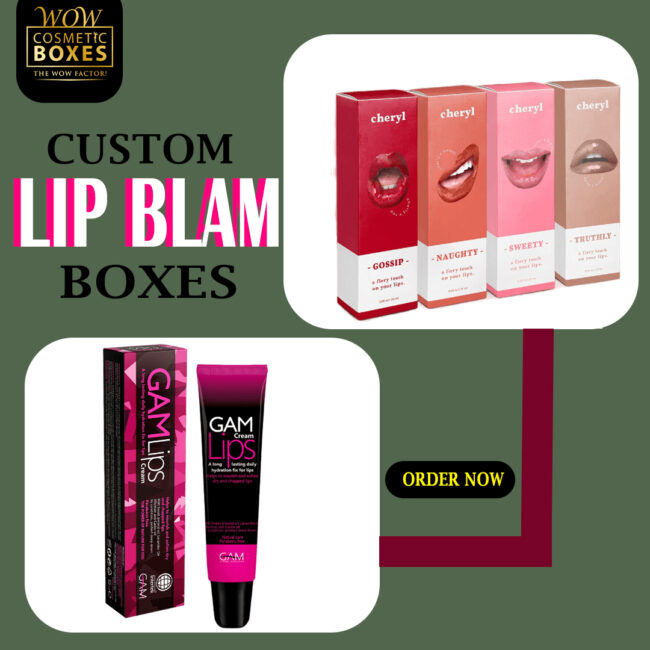
In terms of cosmetic box packaging, you must consider several legal aspects to guarantee compliance and protect your brand. Regulatory requirements demand adherence to safety and environmental standards, including the use of durable and eco-friendly materials. Accurate labeling is essential, providing clear ingredient disclosures to foster consumer trust. You should also undergo rigorous safety testing, including stability and allergenicity assessments. Additionally, protecting your brand’s identity through trademarks and design patents is vital in a competitive market. Each of these elements contributes to responsible business practices and legal protection, setting the stage for deeper insights into packaging regulations.
Main Points
- Compliance with safety and environmental regulations is crucial for cosmetic packaging to ensure consumer safety and mitigate legal risks.
- Accurate labeling must include product identity, net contents, and usage instructions to prevent legal repercussions and maintain consumer trust.
- Ingredient disclosure is mandatory, listing all ingredients in descending order to promote transparency and aid allergen identification for sensitive consumers.
- Adherence to testing protocols, such as stability and irritation tests, is essential for obtaining safety certifications and fostering consumer confidence.
- Trademark protection and design patents are vital for safeguarding brand identity and preventing competitors from imitating packaging designs.
Regulatory Compliance Requirements
When venturing into the cosmetic box packaging market, understanding regulatory compliance requirements is essential for success.
You’ll need to take into account various factors, including material selection and packaging durability, to meet industry standards. Regulations often dictate the types of materials that can be used, emphasizing safety and environmental impact.
For instance, the increasing demand for eco-friendly boxes highlights the importance of sustainable materials in compliance with environmental regulations. Ensuring that your packaging is durable not only protects the product but also aligns with regulatory expectations regarding consumer safety.
Furthermore, you’ll want to familiarize yourself with specific guidelines related to testing and certification of materials. By adhering to these compliance requirements, you not only mitigate legal risks but also enhance your brand’s reputation in a competitive market.
In the end, a thorough understanding of these regulations is key to your success.
Labeling Guidelines and Standards
Maneuvering the intricate landscape of cosmetic box packaging requires not only compliance with regulatory requirements but also adherence to labeling guidelines and standards.
Effective labeling markedly influences consumer perceptions and plays a pivotal role in your branding strategies. Furthermore, incorporating custom packaging solutions can enhance the effectiveness of your labels by creating a visually appealing presentation.
You must guarantee that all information is accurate, clear, and easily legible, as misleading labels can lead to legal repercussions and damage your brand’s reputation. Include essential elements such as product identity, net contents, and usage instructions, while also reflecting your brand’s image.
Ingredient Disclosure Obligations
Ingredient disclosure obligations are crucial in the cosmetic industry, ensuring transparency and consumer safety. As a manufacturer, you must adhere to regulations that mandate clear labeling of all ingredients in your product formulations.
This formulation transparency not only builds trust with consumers but also helps in allergen identification, which is essential for individuals with sensitive skin or allergies. You’re required to list ingredients in descending order of predominance, allowing consumers to make informed choices.
Failure to comply with these obligations can lead to legal repercussions and damage to your brand’s reputation. Therefore, prioritizing accurate ingredient disclosure isn’t just a legal requirement; it’s a significant aspect of ethical business practices in the cosmetic sector.
Safety and Testing Protocols
Guaranteeing the safety of cosmetic products is paramount for both manufacturers and consumers. To achieve this, you must adhere to rigorous safety certifications and implement thorough testing methodologies.
Various testing protocols, such as stability, irritation, and allergenicity tests, are essential in validating product safety before market release. These methodologies help identify potential health risks associated with ingredients and packaging materials.
Furthermore, obtaining relevant safety certifications from recognized authorities not only enhances consumer trust but also guarantees compliance with legal standards. By prioritizing these testing protocols, you effectively mitigate liability risks and maintain a competitive edge in the cosmetic industry.
In the end, your commitment to safety serves as a foundation for sustainable business practices and consumer satisfaction.
Environmental Regulations
In light of growing environmental concerns, compliance with environmental regulations has become a critical aspect of cosmetic box packaging.
You must consider how your packaging choices impact the environment. Utilizing eco-friendly materials like Custom Kraft Pillow Soap Boxes can greatly reduce your carbon footprint.
Integrating sustainable materials and effective waste management practices can’t only enhance your brand image but also guarantee legal compliance.
Here are three key areas to focus on:
- Material Selection: Choose biodegradable or recyclable materials to minimize environmental impact.
- Labeling Requirements: Verify that your packaging clearly communicates sustainability efforts to consumers.
- Recycling Programs: Implement take-back programs or partnerships with recycling facilities to promote responsible disposal.
Intellectual Property Considerations
Maneuvering the terrain of intellectual property (IP) considerations is vital for businesses involved in cosmetic box packaging. You need to prioritize trademark protection to safeguard your brand identity, ensuring that your packaging design resonates uniquely in the market.
Custom packaging solutions, like custom makeup kit boxes, not only enhance your brand image but also play an essential role in securing your market position. Securing a trademark not only prevents others from using similar designs but also boosts customer recognition.
Furthermore, consider applying for design patents to protect the aesthetic features of your packaging. A design patent can grant you exclusive rights to the ornamental aspects, deterring competitors from imitating your products.

